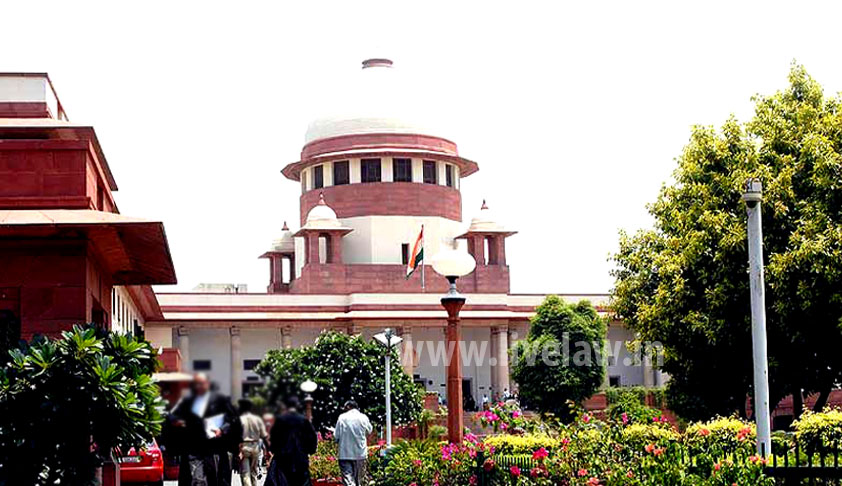Apex court dismisses PIL challenging special status granted to J&K
Apoorva Mandhani
12 July 2014 3:01 PM IST

Next Story
12 July 2014 3:01 PM IST
A Supreme Court headed by Justice R.M. Lodha, on Friday reportedly dismissed a PIL challenging the special status granted to Jammu and Kashmir under Article 370 of the Constitution of India. It sought a declaration that the Article lapsed with the dissolution of J & K Constituent Assembly on 26th January 1957.It was contended that Article 370 is just a temporary provision, which was...
